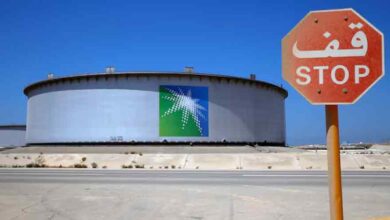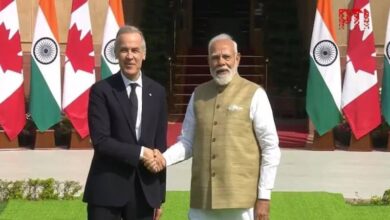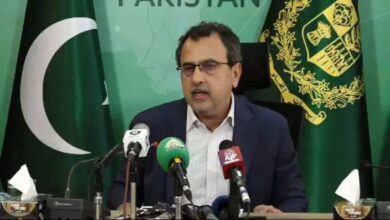The foreign minister chaired a meeting to review matters related to the power sector.
The meeting was attended by the ministers for power and petroleum, SAPM Tariq Bajwa, secretary power and senior officials from ministries of finance and power, DPM Office said in a press release on Saturday.
Discussions focused on key aspects of the power sector with an emphasis on financial sustainability and consumer protection.
On Thursday, Federal Minister for Power Sardar Awais Ahmad Khan Leghari announced that Pakistan would soon launch a comprehensive investment plan for the energy sector to boost regional connectivity and enhance the provision of reliable and cheap energy.
Addressing the fifth Shanghai Cooperation Organisation (SCO) energy meeting via virtual link, the minister said, “We have taken significant structural reforms, new entities like Power Planning and Monitoring Company, Energy Infrastructure Development and Management Company, the National Grid Company and Independent System and Market Operator are helping us to lay the groundwork to improve governance, grid modernisation and ensure transparent market operation.”
He said that Pakistan’s energy goals are both ambitious and backed by tangible action, citing efforts such as accelerating renewable energy deployment, promoting green mobility through an electric vehicle-friendly tariff structure, and the use of smart meters and transformer monitoring systems for efficiency and cost reduction.
“Our goals are bold and they are backed by actions like we are accelerating renewable energy deployment across the country, introducing EV-friendly tariff structure to promote green mobility, deploying smart meters and transformer monitoring system for data-driven efficiency and cost reduction,” Leghari said.
He noted that Pakistan is also laying the groundwork for a dedicated research and development secretariat to foster local innovation and enable technology transfer.
“This is the transition driven by purpose not just numbers, the transition that puts the people at its center ensuring cheaper and more reliable energy for households, industries and future generations. Our strategic direction is clear: 60 percent renewable energy by 2030, 30 percent EV penetration by the same year, modernizing infrastructure through smart grid and digital metering,” he said.
Leghari emphasized the importance of public-private partnerships in driving energy efficiency and conservation. He added, “All this [is] driven by public-private partnerships that unlock the innovation and financing,” and stressed that regional cooperation was no longer optional but a “strategic necessity.”
Highlighting Pakistan’s geostrategic role, he stated, “Pakistan’s location as [a] natural energy bridge linking Central Asia, South Asia and Gulf, positioned us to drive regional energy integration.”
He reiterated the country’s commitment to expanding cross-border electricity transmission infrastructure and proposed developing joint security frameworks to safeguard critical energy systems — both physically and digitally.
“We are committed to expanding the cross-border inter-connections, cooperation on electricity transmission infrastructures and developing joint security frameworks covering both physical and cyber aspects of critical energy systems,” he said.
Referring specifically to regional infrastructure, the minister stated, “We strongly encourage enhanced regional energy connectivity and especially welcome investment in the development of critical infrastructure such as converter stations in Afghanistan which [are] vital for the successful realization of regional power corridors, and CASA-1000 project remains the symbol of the regional progress.”
Leghari affirmed that Pakistan would soon launch an aggressive investment plan in large-scale energy, inviting global technology-driven companies to invest confidently with guaranteed returns.











